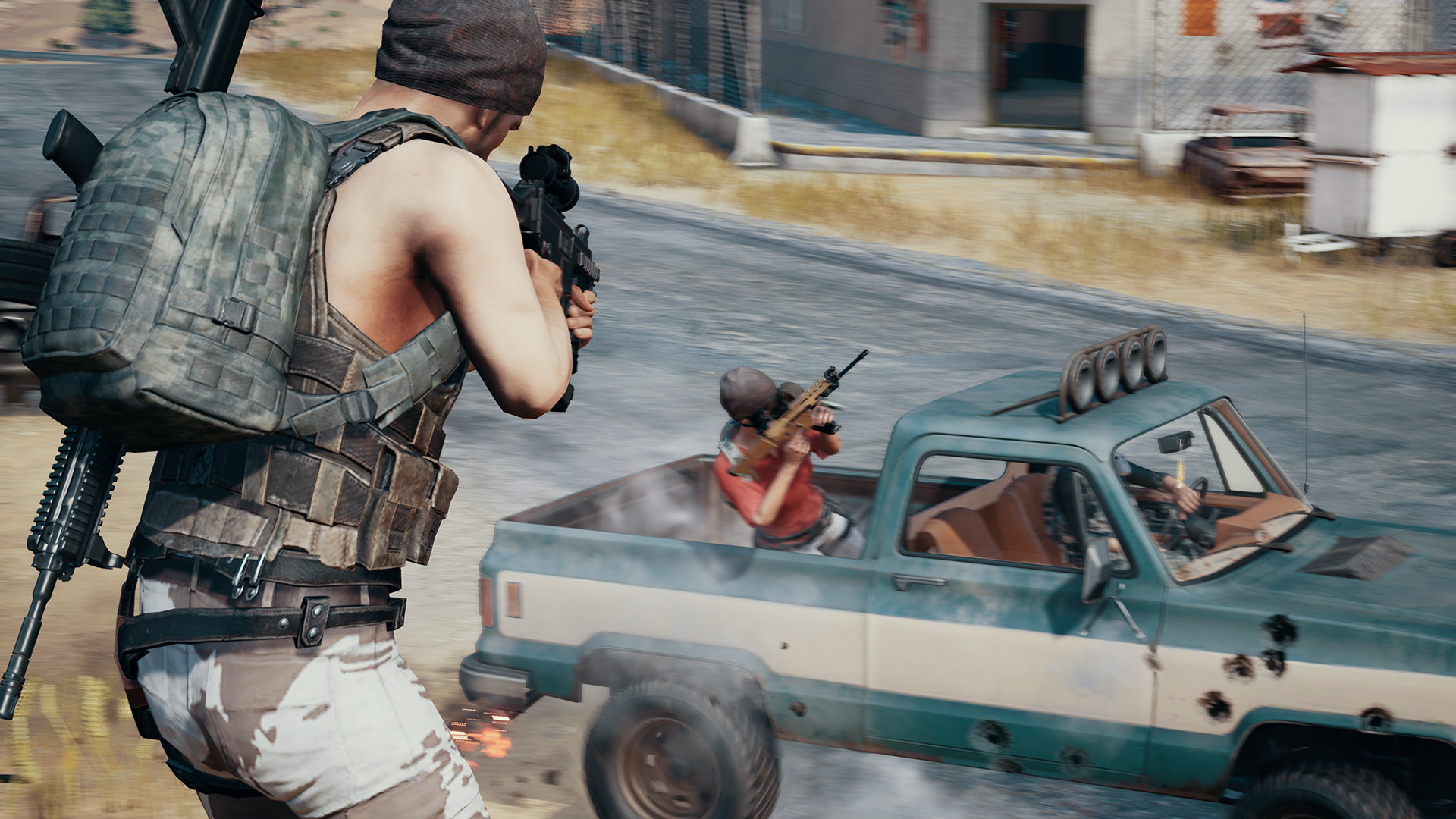It's now a crime to play Playerunknown's Battlegrounds in Nepal
The police will literally arrest you
According to reports from multiple Nepalese news sites, Playerunknown's Battlegrounds has been banned in Nepal. Permission was granted by Kathmandu District Court on Wednesday, the very same day that the Metropolitan Crime Division filed a Public Interest Litigation asking for a ban, on the grounds that the game was "having a negative effect on the behaviour and study of children and youths".
Justice, as they say, is swift.
Hold on to your eyebrows, because they're only going to get higher. The Nepal Telecommunication Authority has directed mobile and internet service providers to block Plunkbat, and the police say they'll arrest anyone they find playing. They will actually arrest you. You might wind up enjoying your chicken dinner in a cell.
Their reasons, as reported by The Kathmandu Post, are spurious.
“We received a number of complaints from parents, schools and school associations regarding the effect of the game on children,” Senior Superintendent of police Dhiraj Pratap Singh, chief of the Metropolitan Crime Division, told the Post. “We also held discussions with psychiatrists before requesting the Kathmandu District Court for permission to ban the game.”
“Parents and schools had complained that the game was affecting their children’s studies and making them more aggressive. When we consulted with psychiatrists, they also said that the violence in the game can make people aggressive in real life,” said Singh.
PUBG Mobile appears to be driving much of the concern. Nepali Sansar, another news site, suggests that many of the complaints Singh refers to involved children being asked to stop playing, then throwing their phones at their parents or the ground.
While some studies do claim to demonstrate a causal link between videogame violence and increases in aggression (in certain contexts), many studies also claim the opposite. Evidently, that discrepancy doesn't stop organisations that should know better from acting on alarmist assumptions. China blocked the game back in 2017, claiming they were acting on similar grounds.
If the reports are true, this is the kind of news that calls for a considered and detailed response, drawing on a variety of well-researched sources. Fortunately John did one of those in 2015, in response to the American Psychological Association saying something foolish. As far as I'm aware today's scientific consensus is much the same. It's basically: 'we can't rule anything out, but do please calm down'.
Sandip Adhikari (the deputy director of the Napal Telecommunications Authority) told Reuters that “We have ordered the ban on PUBG because it is addictive to children and teenagers”.
So much of this is so obviously bizarre. Why is this the kind of process that can happen within a day? Which psychiatrists were consulted, and why does the superintendent himself present their contribution as an afterthought? Even if their fears were well-founded, the idea of arresting anyone who plays a game banned primarily due to its impact on children makes little sense. The same logic would lead to criminalising alcohol, cars, cigarettes or porn.
Nepal banned porn in November last year.


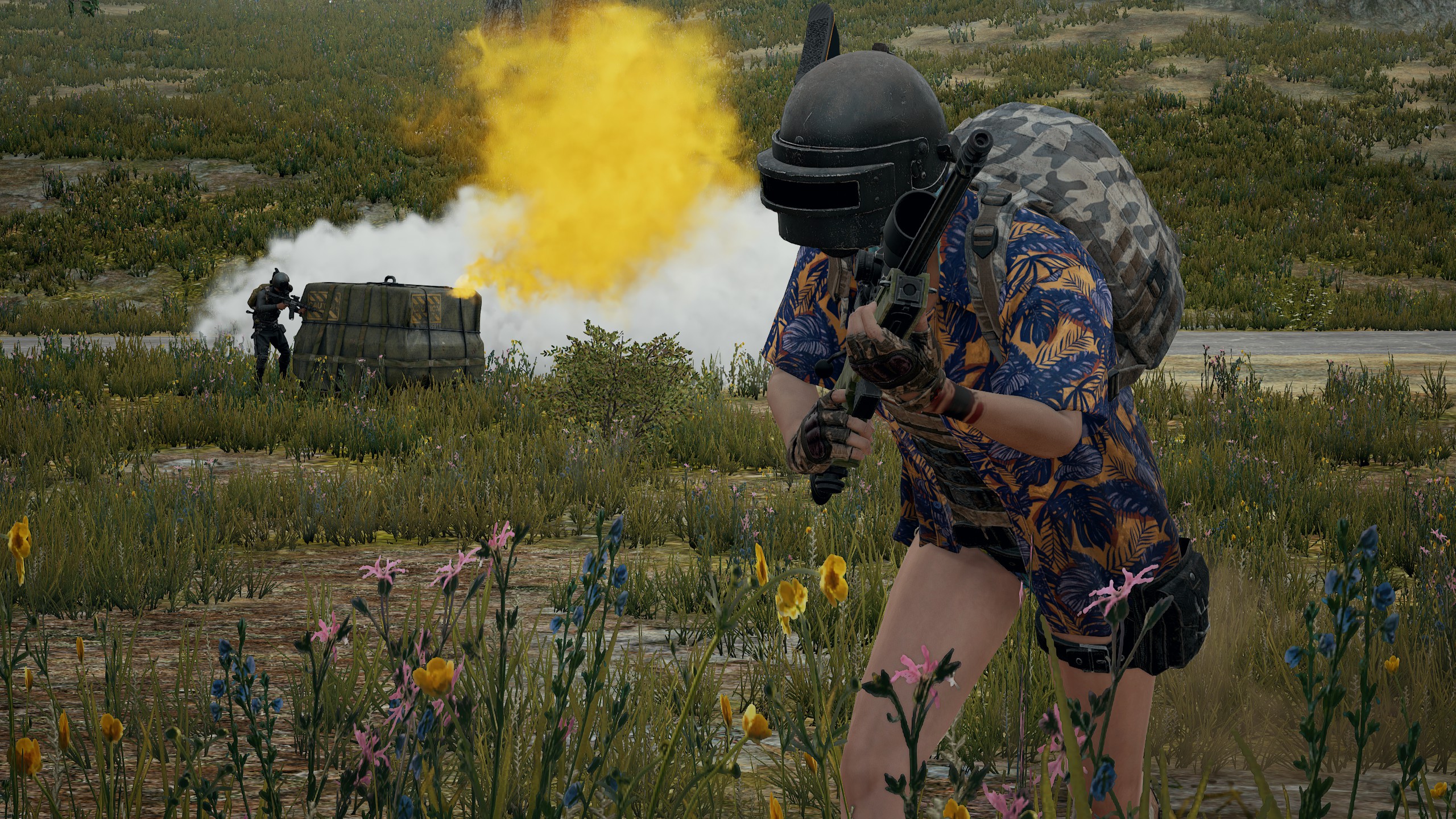
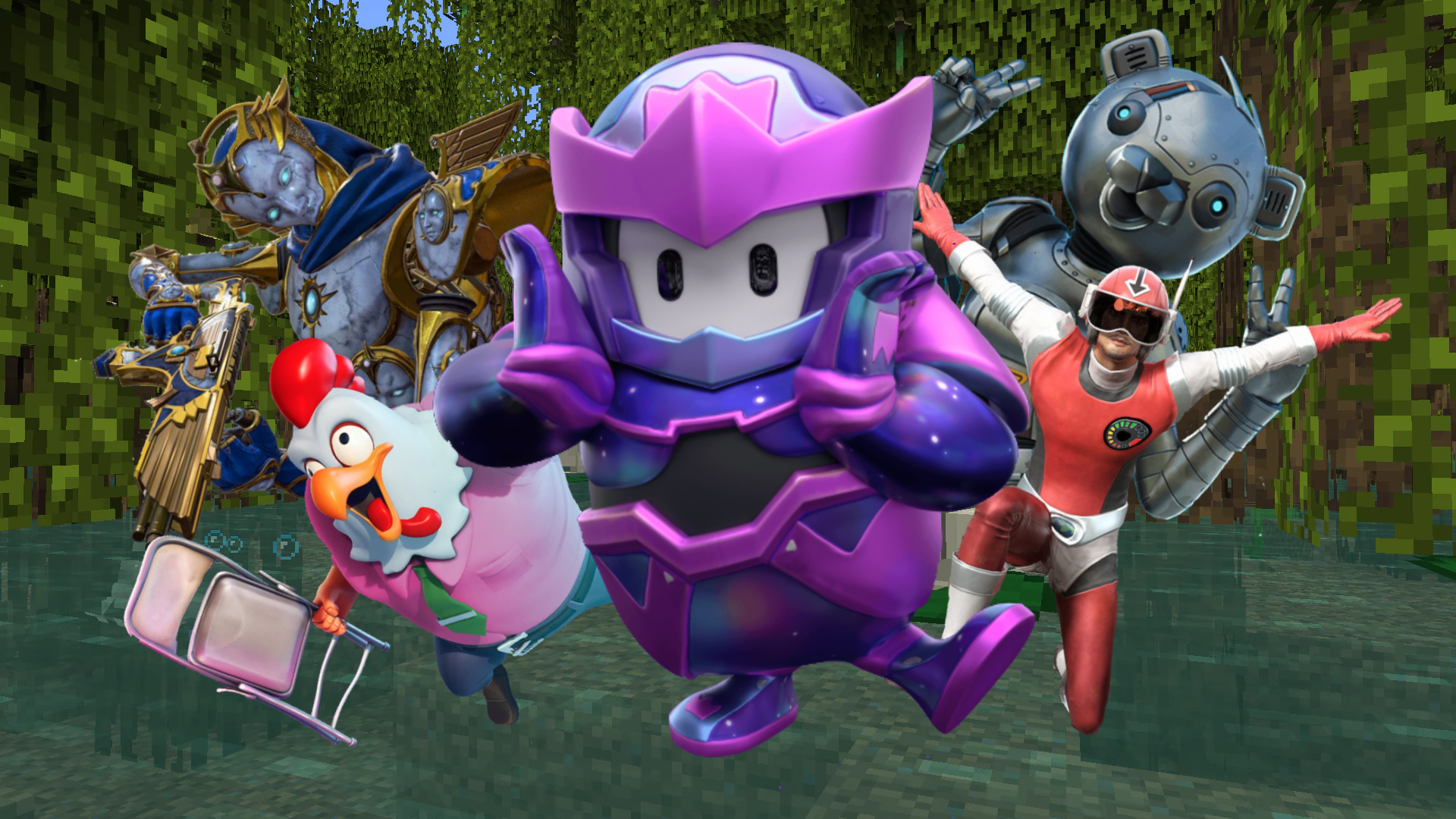
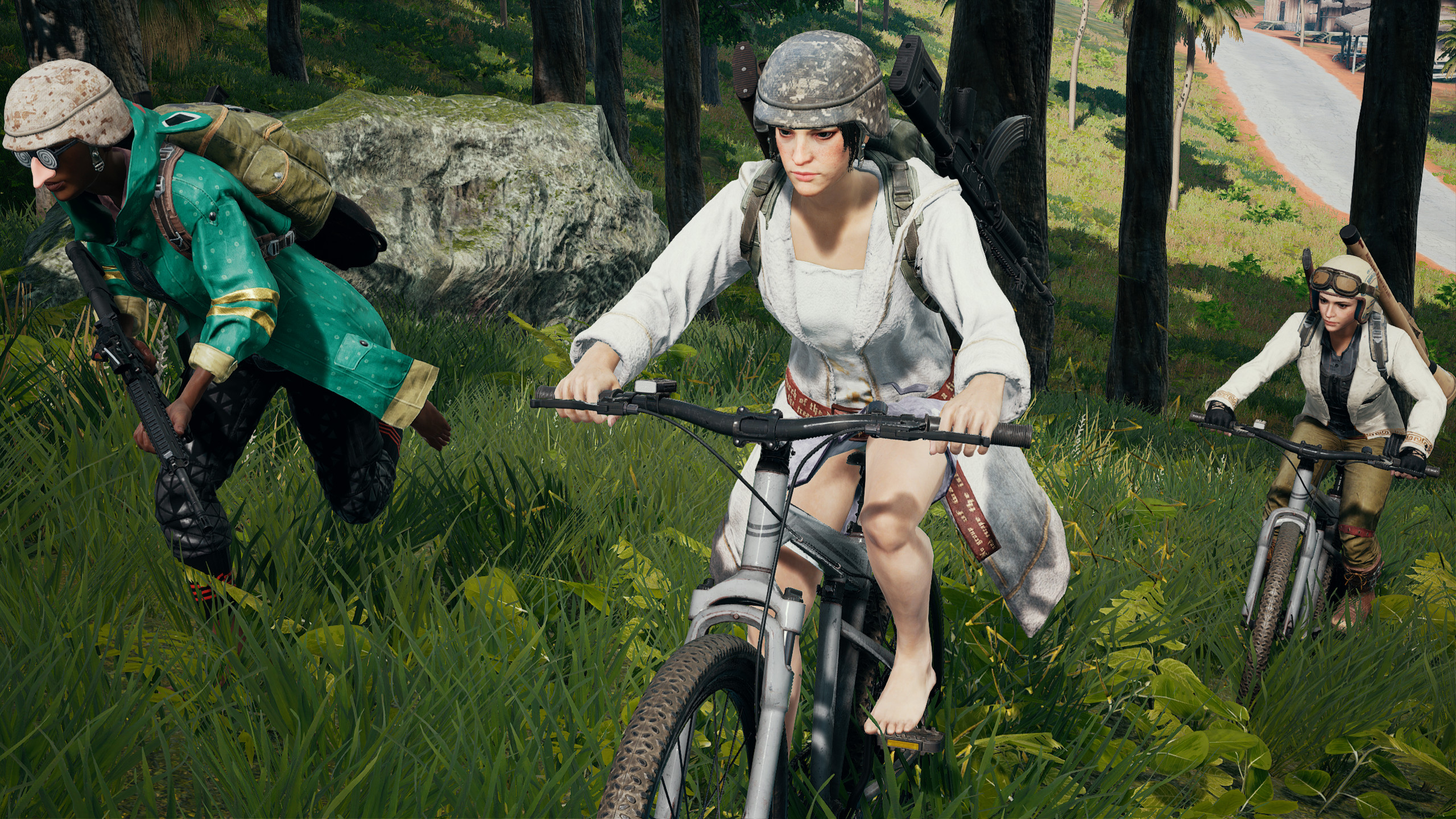
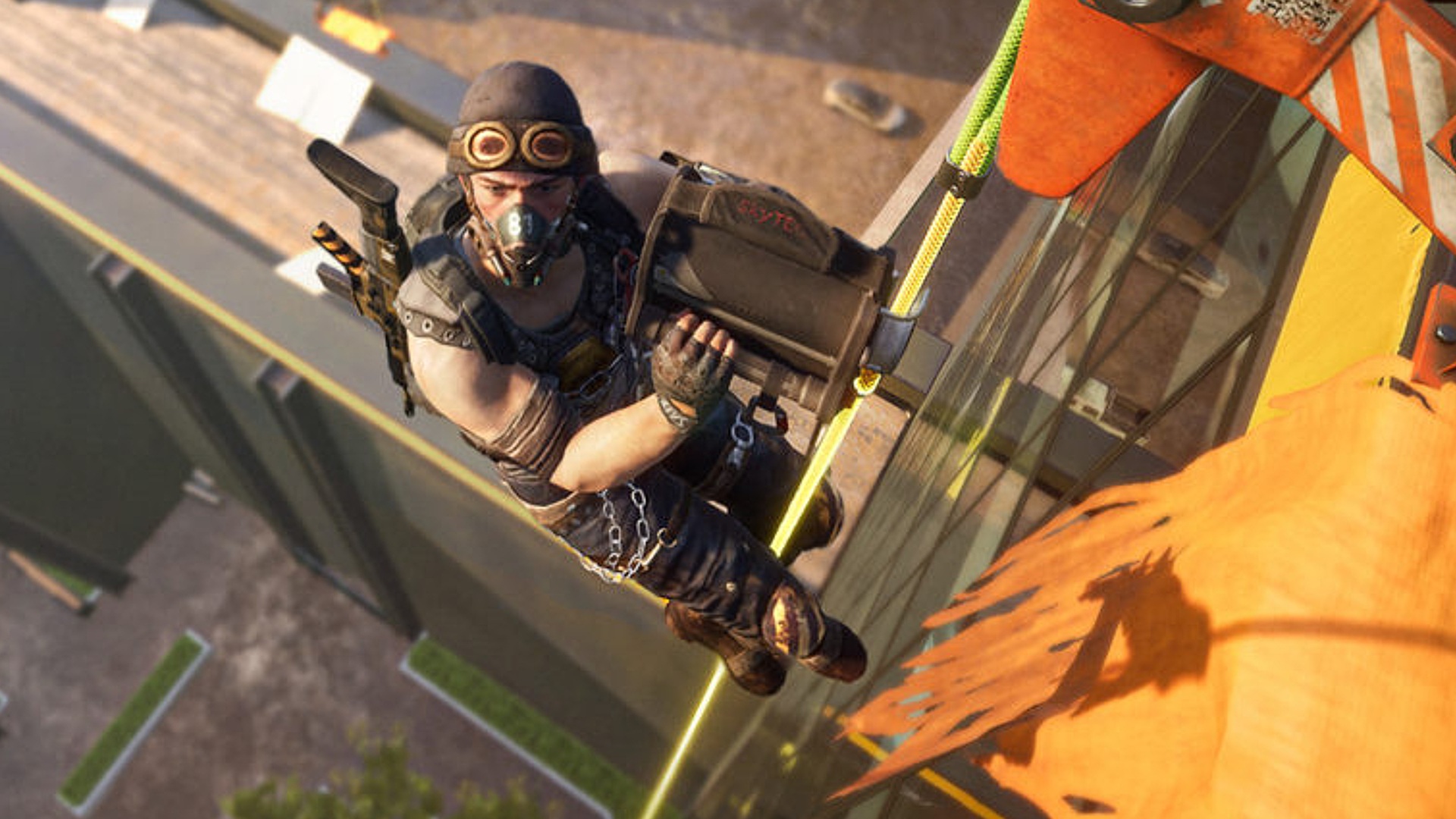
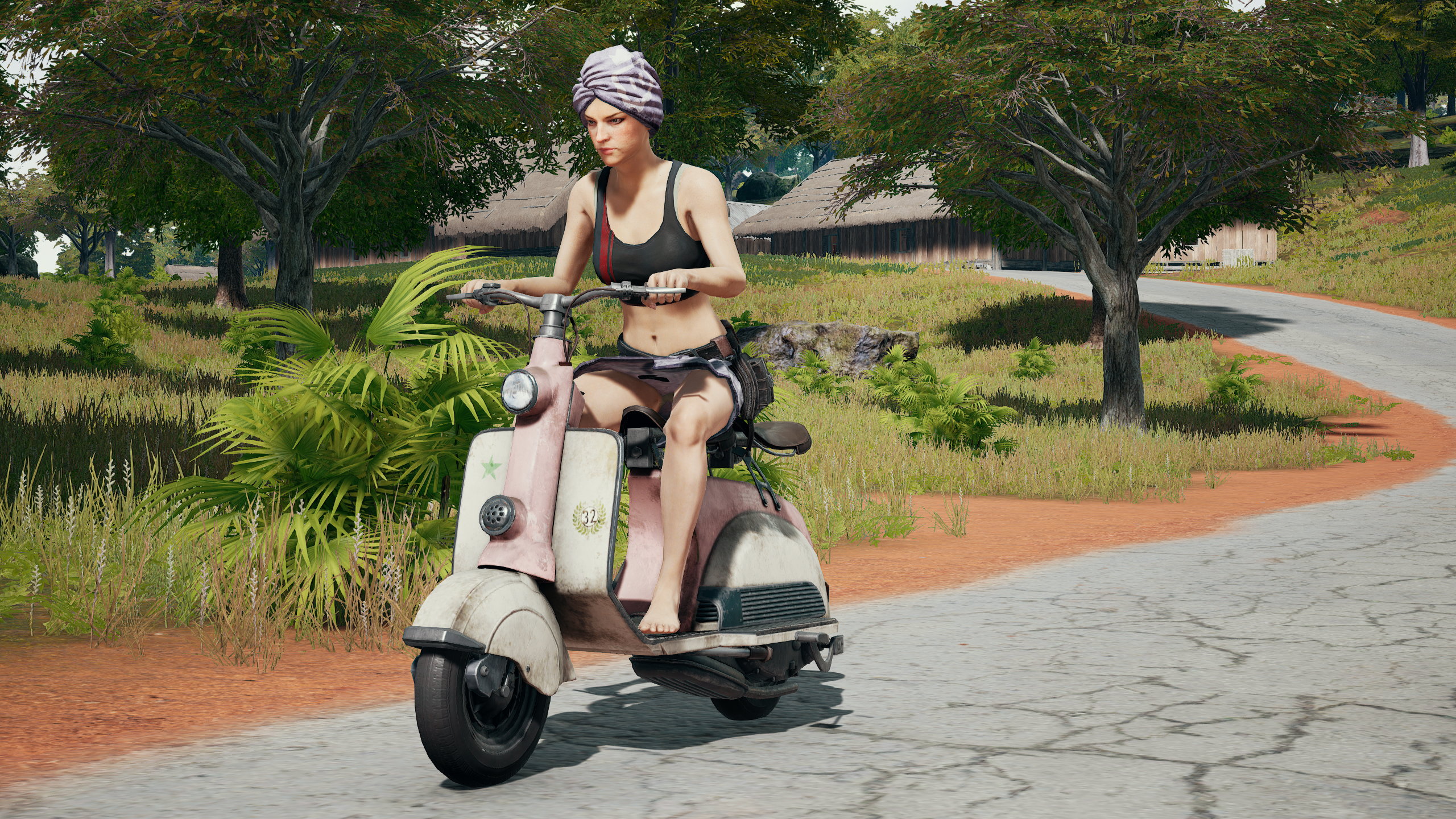
.jpg)
